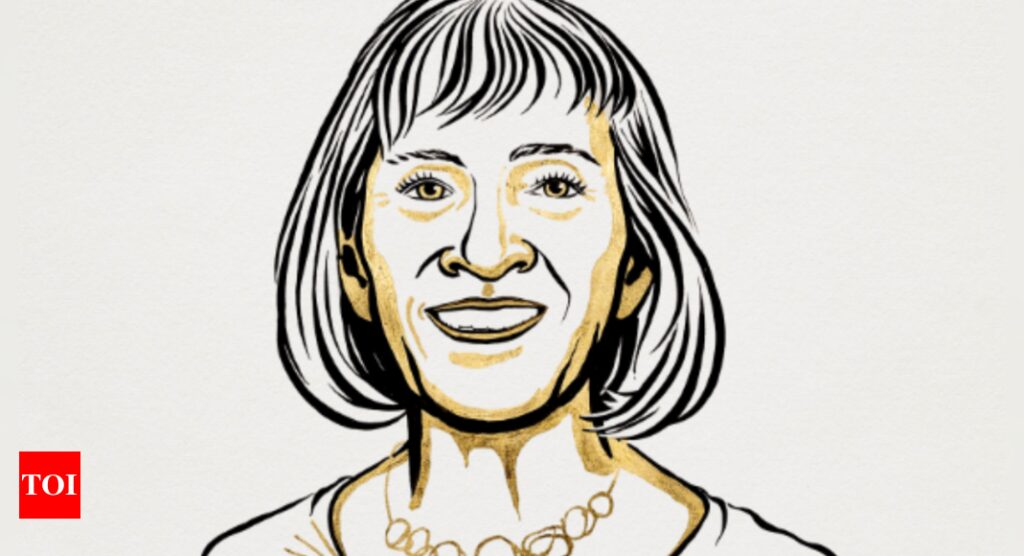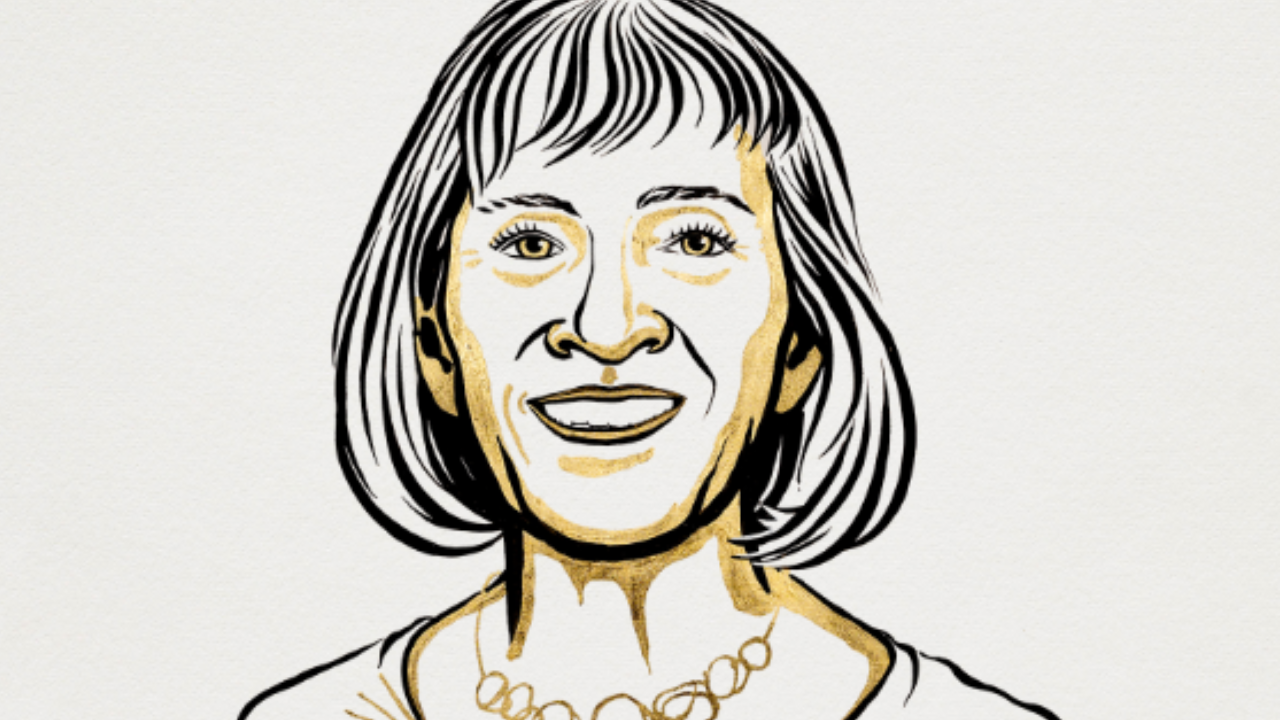[ad_1]
Claudia Goldin, provided the first comprehensive account of women’s earnings and labour market participation through the centuries. Her research revealed the causes of change and the main sources of the remaining gender gap.
‘Uncovered key drivers of gender differences in the labour market’
“Women are vastly underrepresented in the global labour market and, when they work, they earn less than men.Goldin trawled the archives and collected over 200 years of data, allowing her to demonstrate how and why gender differences in earnings and employment rates have changed,” the committee said in a statement.
“This year’s economic sciences laureate Claudia Goldin showed that female participation in the labour market did not have an upward trend over a 200 year period, but instead forms a U-shaped curve. The participation of married women decreased with the transition from an agrarian to an industrial society in the early nineteenth century, but then started to increase with the growth of the service sector in the early twentieth century. Goldin explained this pattern as the result of structural change and evolving social norms regarding women’s responsibilities for home and family,” it added.
The winner, unveiled by The Royal Swedish Academy of Sciences, follow the awards in medicine, physics, chemistry, literature and peace that were announced last week.
The Economics Award was created in 1968 by Sweden’s central bank and is formally known as the Bank of Sweden Prize in Economic Sciences in Memory of Alfred Nobel.
Last year’s winners were former Federal Reserve Chair Ben Bernanke, Douglas W. Diamond and Philip Dybvig for their research into bank failures that helped shape America’s aggressive response to the 2007-2008 financial crisis.
Only two of the 92 economics laureates honoured have been women.
A week ago, Hungarian-American Katalin Karikó and American Drew Weissman won the Nobel Prize in medicine. The physics prize went Tuesday to French-Swedish physicist Anne L’Huillier, French scientist Pierre Agostini and Hungarian-born Ferenc Krausz.
US scientists Moungi Bawendi, Louis Brus and Alexei Ekimov won the chemistry prize on Wednesday. They were followed by Norwegian writer Jon Fosse, who was awarded the prize for literature. And on Friday, jailed Iranian activist Narges Mohammadi won the peace prize.
The prizes are handed out at awards ceremonies in December in Oslo and Stockholm. They carry a cash award of 11 million Swedish kronor (about $1 million). Winners also receive an 18-carat gold medal and diploma.
[ad_2]
Source link











More Stories
We can’t wait to face India in the final: Pat Cummins | Cricket News
Railways plans 3,000 additional trains in next 4-5 years to minimise number of waitlisted tickets | India News
Faridabad: Man dies after ‘falling from hotel room window’ while partying with friends